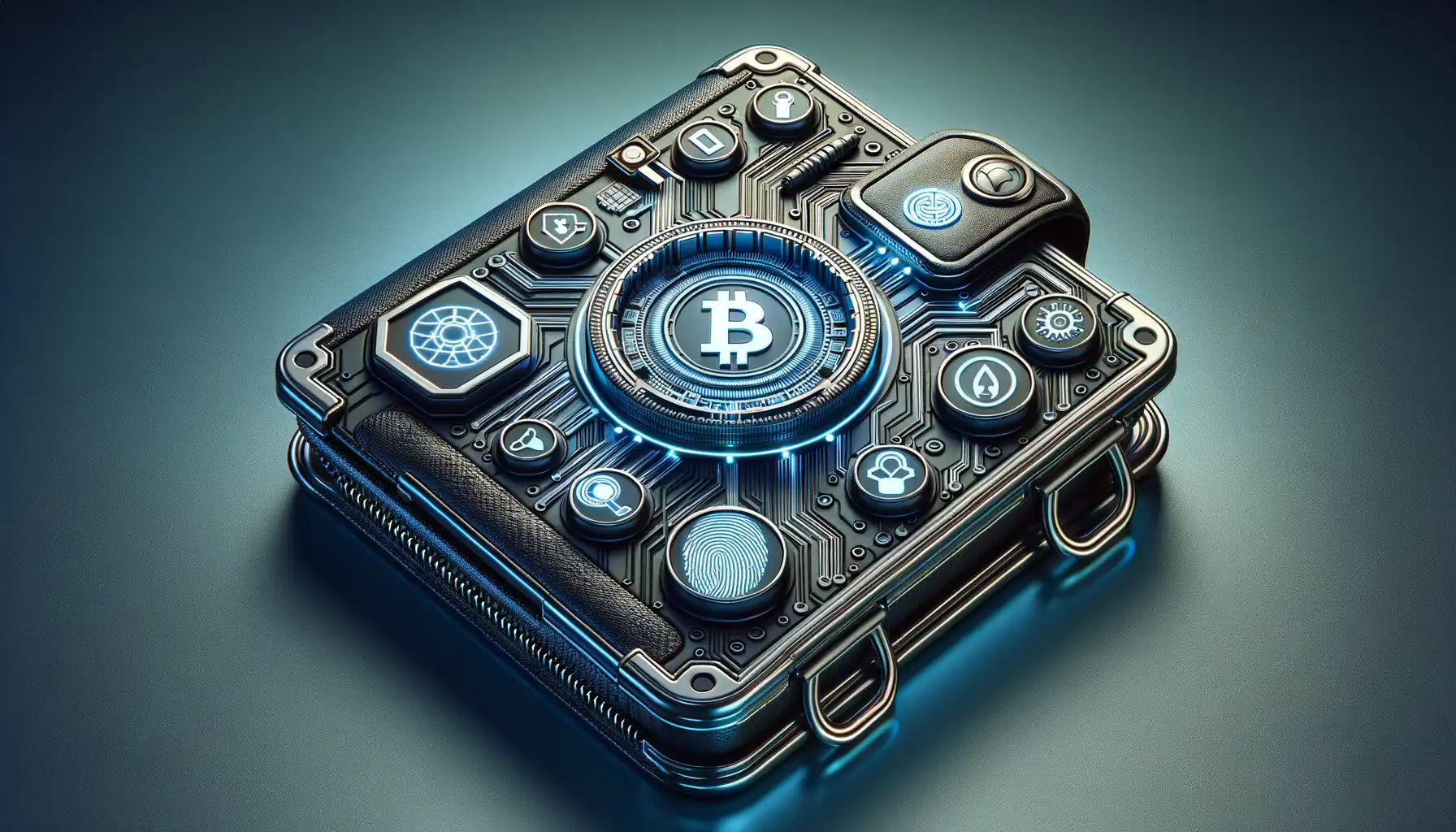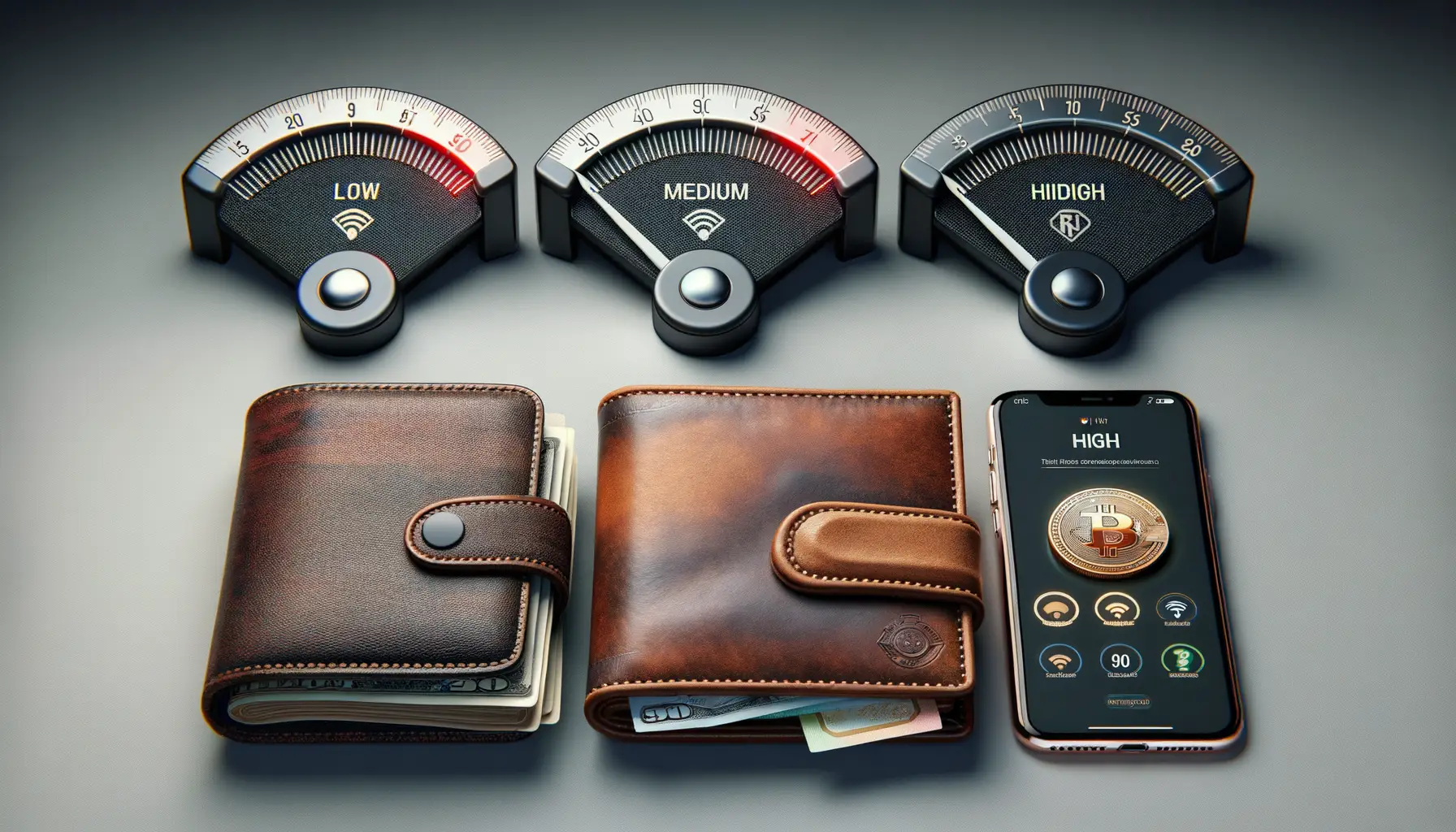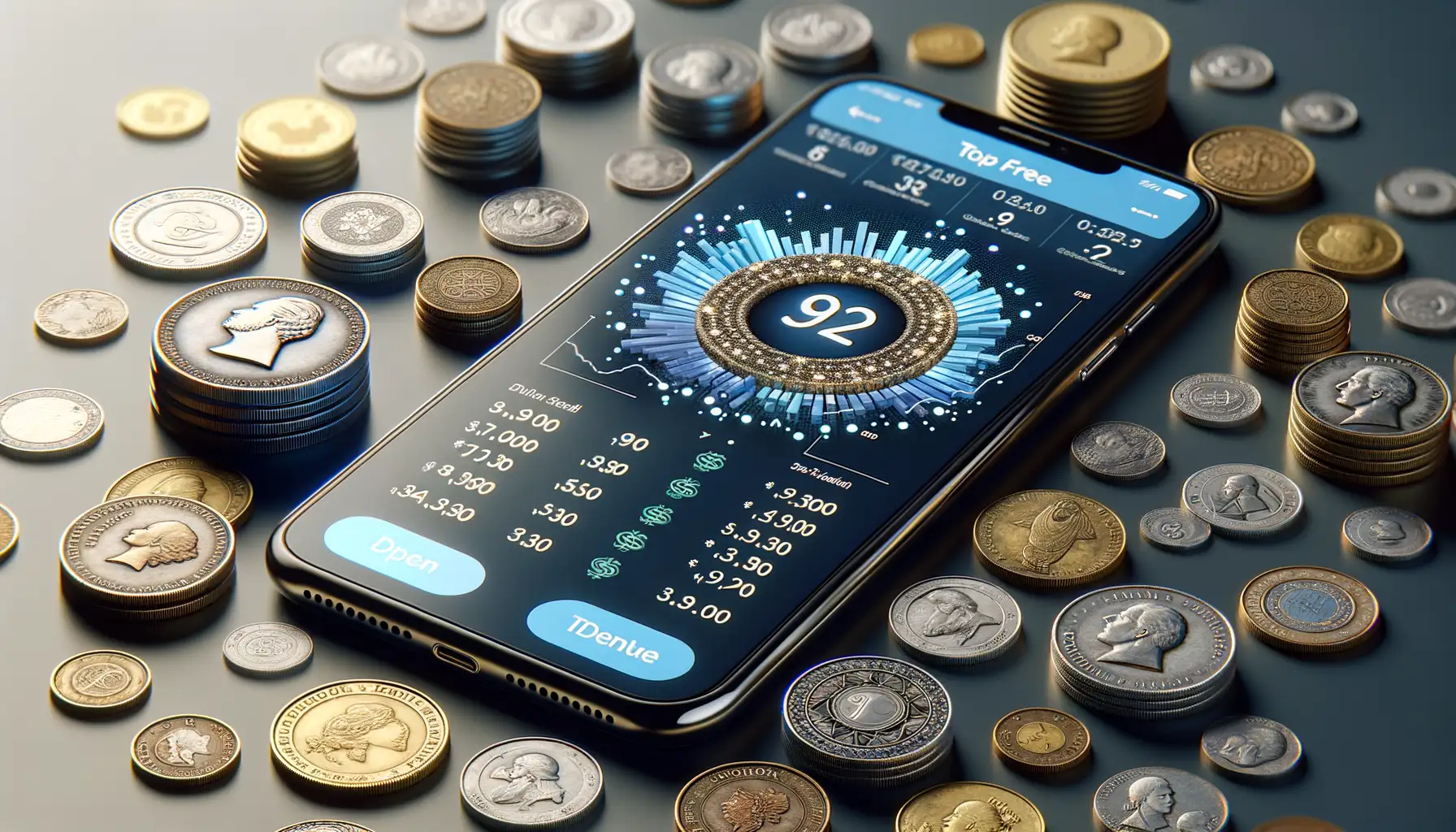Introduction to Digital Coin Wallets
Let’s dive into the world of digital coin wallets. Imagine holding a treasure chest that securely stores your precious digital gold—that’s exactly what a digital wallet is. It’s your personal vault for cryptocurrencies, where access is controlled by keys, and every transaction happens with a dash of futuristic magic.
Why Digital Wallets Matter in a Crypto World
When you own cryptocurrency, you don’t technically “hold” coins like you would cash. Instead, your digital assets are stored on a blockchain, and your wallet acts as the bridge to access them. Think of it like a secret handshake for opening an exclusive door; without it, those assets might as well be invisible. And no, not all wallets are created equal—security features vary depending on the type.
Here’s something you should know right off the bat: wallets aren’t just apps or devices, they’re the guardians of your crypto. Whether it’s a sleek mobile app that fits in your palm or a hardware wallet that looks like a USB drive, their purpose is the same—to protect your private keys from prying eyes.
- Private Keys: The secret code to your digital assets. Lose it, and it’s game over.
- Public Keys: Like your address for receiving funds—shareable but linked directly to your private key.
- Seed Phrases: A set of 12-24 words that can recover your wallet, even if the device itself is lost or stolen.
A Wallet for Every Lifestyle
Are you someone who trades crypto daily? Or maybe you’re just here for the long game, tucking away Bitcoin for years down the line. Your choice of wallet should align with your habits. Hot wallets, like mobile and web-based options, are perfect for convenience lovers—quick access, but a tad more exposed to risks. Meanwhile, cold wallets (hardware or paper) are like putting your assets in a high-security vault—safe, but less handy for spontaneous moves.
Ultimately, choosing a wallet is about balance—between security, usability, and how much peace of mind you want to sleep with at night. It’s your digital safe space, so treat it like the VIP it is.
Core Security Features of Digital Coin Wallets

What Keeps Your Digital Coins Safe?
Imagine your digital coin wallet as the vault to a treasure chest full of gold coins—except this chest isn’t buried in the sand; it’s online, in a sea of ones and zeroes. What stops hackers from sneaking into your treasure trove? Let’s unwrap the magic.
Private keys are your secret passwords—long, cryptographic codes unique to you. They grant access to your funds and must remain as closely guarded as your most personal secrets. Lose it, and it’s like forgetting where you parked your spaceship in an endless galaxy.
Then there’s encryption, your wallet’s invisible bodyguard. It scrambles sensitive data, keeping your information indecipherable to anyone who doesn’t hold the key. When encryption is at play, even if someone intercepts your data, it’ll look like a jumbled mess of nonsense.
- Two-factor authentication (2FA): Imagine needing two keys to open one lock. One is something you know (like a password), and the other is something you have (like your phone).
- Backup features: A safety net for your digital treasure. Cloud backups or hardware backups ensure you can recover your wallet if disaster strikes.
These aren’t just features—they’re the guardians standing between you and the chaos of the crypto wild west!
Types of Wallets and Their Security Levels

Hot Wallets: Speedy but Vulnerable
Picture this: a wallet that’s always ready to go—like cash in your back pocket. That’s exactly what hot wallets are. They’re connected to the internet, making them lightning-fast for transactions and ideal for day-to-day crypto activities. Think mobile apps, web wallets, or desktop wallets.
But here’s the trade-off: being online all the time makes hot wallets more exposed to risks like hacking or phishing attacks. It’s like leaving your house key under the doormat—convenient, sure, but also inviting trouble. If you use one, prioritize wallets with strong encryption and two-factor authentication.
Best used for: Small amounts and frequent trading.
Cold Wallets: Fort Knox-Level Security
On the opposite end of the spectrum, we have cold wallets, where security reigns supreme. These are offline wallets, detached from the internet, making them nearly impregnable to cyber threats. Imagine locking your most valuable possessions in a high-security vault—that’s how cold wallets protect your digital assets.
Types of cold wallets include:
- Hardware wallets: Tiny USB-like devices storing crypto offline.
- Paper wallets: A printed QR code or private key (low-tech, but effective).
They’re not as quick for transactions, but if you’re holding onto crypto long-term, they’re unbeatable. Think of them as the fortress where your treasures sleep soundly.
Best used for: Large amounts or long-term investments.
Best Practices for Ensuring Wallet Security

Fortify Your Wallet’s Defenses
Your digital coin wallet is like a treasure chest, but even the sturdiest chest needs a solid lock and some crafty hiding spots. To ensure your coins stay where they belong—safe and sound—there are a few essential habits you must adopt.
Future Trends in Digital Wallet Security

Quantum Computing: A Game-Changer for Wallet Security
Imagine a world where today’s security measures are as outdated as floppy disks. That’s the challenge – and opportunity – that quantum computing is bringing to the table. While quantum computers have the potential to crack traditional cryptographic keys faster than you can blink, they’re also paving the way for next-gen encryption. Welcome to the era of post-quantum cryptography, where algorithms are designed not just to keep up, but to stay well ahead of these futuristic threats.
How does this impact you? Your digital coin wallet could soon be fortified with mathematical defenses that even a supercharged quantum beast can’t touch. Think of it like upgrading your digital safe to withstand the most advanced lock-picking tools on the planet.
- Lattice-based cryptography – a complex, maze-like system that’s practically unbreakable.
- Multivariate polynomial cryptography – a fancy name for ultra-secure equations protecting your assets.
It’s not science fiction; it’s happening now. The crypto industry is actively racing to integrate these technologies, ensuring your wallet isn’t just secure today, but tomorrow-proof.
Biometrics and Beyond: The Personal Touch
Picture this: instead of fumbling with passwords, your wallet recognizes your unique heartbeat or the way you move your mouse. Sounds futuristic? It’s already in the works! Advanced biometric authentication methods like retina scans and even behavioral analysis are becoming key players in digital wallet security.
But it doesn’t stop there. The rise of multi-factor authentication (MFA) is taking personalization to the next level. Imagine requiring a combination of your fingerprint, voice recognition, AND a time-sensitive code from a dedicated app to unlock your wallet. Layers upon layers of protection, tailored just for you.
And let’s not forget, as our devices get smarter, so does the security embedded within them. The journey toward personalized, adaptive, hacker-proof wallets isn’t just exciting—it’s essential. The best part? You’re at the forefront of this revolution.


